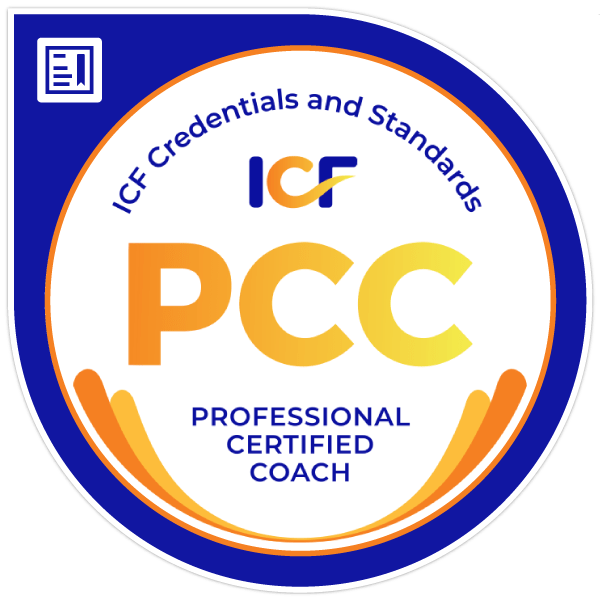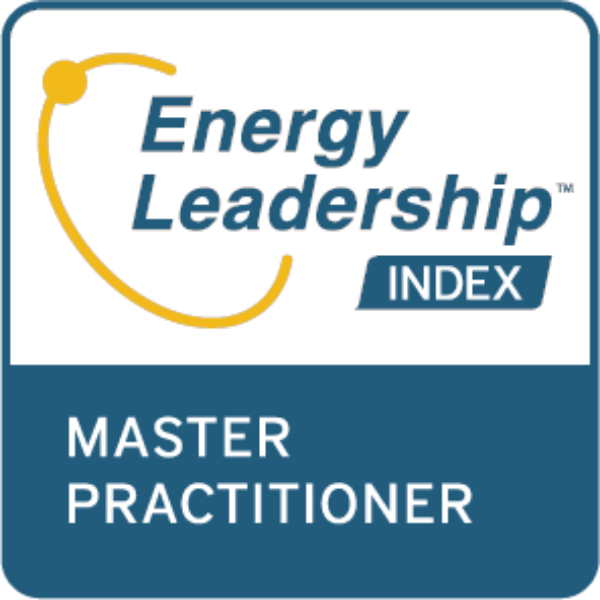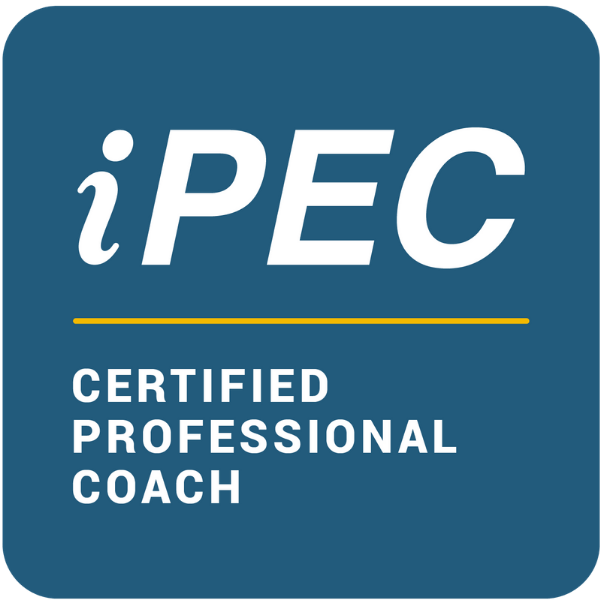 SHOW NOTES from Episode 16 of Wayfinding Wisdom. Click here to listen.
SHOW NOTES from Episode 16 of Wayfinding Wisdom. Click here to listen.
Welcome wonderful humans.
You’re listening to Wayfinding Wisdom – the podcast where each week we offer up 10-20 minutes of stories & strategies to help you navigate the complex waters of modern-day life with intention & confidence.
I’m Alice Chen – coach, experience designer, and fellow wayfinder.
And over the last decade and a half, I’ve helped hundreds of people from all ages and walks of life get present to their values and express them in ways that feel authentic to them.
And through these experiences, I’ve noticed several common misunderstandings or unrealistic expectations that people often have about values that can cause them undue stress & paralysis.
In this episode, I’ll share three of them and offer up some perspective & reframes on how you might think instead so that you can work with your own values in ways that yield less stress & more ease.
So keep listening.
First misconception: I have to consciously know & articulate my values in order to live a meaningful and impactful life.
I start with this one because this is the biggest misconception of all.
A lot of people come to coaching to more clearly articulate their values so they can make more intentional choices about how to honor & express them.
And so there can be this idea that the path of spending time reflecting on, writing out, getting crisp about the language of my values, naming how I’m going to express them IS necessary to live a meaningful and impactful life.
And it’s not…it’s ONE strategy that can help people feel more connected to what matters and more aware of what they want to make choices on.
But it’s not the only path to meaning and impact.
Two examples:
My partner – I asked him one time whether he felt like he was living a meaningful & impactful life and he without hesitation said “Yep. I love my life.”
And then I asked him what values he thought were driving that sense of meaning & impact, he fumbled around for them and didn’t come up with much.
And that’s cool. He doesn’t need to; he’s in a place that so many of us aspire to be – feeling purposeful & satisfied with his life.
Another example:
A friend of mine back in Hawai’i is a seventh-generation taro farmer.
Ask him about the values that drive his sense of meaning and impact in life and he will talk explicitly about all sorts of things like “the ‘aina” (land), “ho’oponopono” (being in the right relationship with things), ‘ohana (family & ancestry), stewardship.
He’s very articulate and says he feels very aligned in his purpose. He’s also university-educated & finds value in naming & parsing out things.
My friend also has an uncle who couldn’t be more different in his orientation – one time uncle heard us talking story about our values and was like “Don’t know much about dat kine stuff.”
And yet, you only need to spend a few minutes with this man to feel & sense how centered & at peace he is in his life & contribution & how much pride he takes and joy he finds in being a taro farmer. He wells up with emotion when he talks about watching the keiki taro grow.
There’s meaning & impact there…even if there’s not an interest in verbally articulating the values that underlie it.
In short, consciously knowing and being able to talk about your values doesn’t automatically translate to meaning & impact. Being in alignment with what matters most in your day-to-day actions, relationships, and decisions do…and this doesn’t actually require metacognition or fancy language.
Sometimes it’s just about letting what matters flow through you in a more energetic & somatic way. That’s a perfectly fine way to live and so if you feel the pressure that you have to KNOW or be able to TALK about your values to experience the benefit of being aligned with them, know that you don’t. You certainly can if it’s a helpful entry point to greater meaning & impact in your life, but not a prerequisite.
Second misconception: Knowing my values will make it “easier” to make complex decisions in my life.
Not necessarily.
I’ve observed that many people come to coaching explicitly or implicitly thinking that if they articulate their values those values will then be a rubric they can use to determine the “best” or “right” decisions in their life and thus their life will be simpler and easier.
They assume that when faced with a decision they will be able to pull out their values list and essentially assign a rating to their choices. They want to stack rank their options using a scale of 1-5 on their values rubric.
There’s often some reckoning and resetting of expectations we have to do around how to use values to make decisions.
It’s hard to make a values rubric because values can be expressed and honored in an infinite number of ways and how we honor our values often shifts over time, given context, given where we are on our journey. Their nature is subjective and contextual.
Whereas rubrics are often created to standardize an experience.
For example, I might create a rubric for job performance in order to standardize promotions.
Or I might create a rubric for a writing assignment in order to standardize grading across an entire class of students.
But it’s hard to standardize one’s life. Like what does that mean and look like? Would you want to make all of the experiences in your life based on one expression of your values? Probably not.
Trying to use your values as a rubric often causes more frustration & tension and can get people stuck in their heads trying to “figure out” how to honor their values or “optimizing,” rather than dropping into more intuitive, holistic ways of decision making that help us identify the next step in a situation and simply take it.
Now I will say that values can sometimes function as a high-level sieve, helping us weed out obvious misalignments.
For example, let’s say I value “creative freedom” and I’m trying to decide between a job where I’ll have a micromanager as a boss vs. one where I won’t, I might be able to use my value system to sieve out the micromanagement option.
I say sometimes & might because, in the end, our values are really tools that support us in decision making vs. tools that make decisions or make decisions easy.
Hard decisions in your life – meaning complex and complicated ones will always be that way because that’s their nature, regardless of whether you know your values or not.
But what values can do is prompt reflection & dialogue about whether it’s possible to walk a path in alignment with what’s most important to you and if so, what that might look like in the context of the decision you’re making.
I’ll share an example of what this looks like in my own life:
A year ago, I set the intention to focus on collating and sharing some of the ideas, resources, & stories I’d been gathering as a teacher, coach, experience designer, and human being over the last several decades.
I have this dream to create a school of life where we redefine learning as something that happens all the time everywhere and create communities & experiences that help us process & build skills in the universally useful stuff that contributes to our day-to-day quality of life. It’s an emergent dream that’s taking shape as I live and work.
This January, I felt a calling to get serious about doing some things on this front. And when I sat down to brainstorm what it could look like to collate & share resources in service of this vision, the possibilities seemed endless. I had everything on my list from writing a book to designing online courses to creating resource guides, Instagram content, adventure retreats, vlogging, writing articles.
There was a lot.
How was I to choose?
I knew I wanted to be values aligned in whatever I decided to do. So I used my values to provoke a conversation with myself about what the right starting point FOR ME right be…with full recognition that there could be many starting points.
Two things I really value are learning & growth and sustainability & self-care.
Learning & Growth looks like:
- Stretching myself without overwhelming myself
- Experimenting with new things
- Doing things that scare me
- Building new skills
Sustainability & Self Care looks like:
- Right sizing things – keeping them small & doable
- Going where the energy is
- Choosing things that feel “right” in my core regardless of whether they make sense
So I looked at the various options I’d brainstormed and thought about them in the context of these two values. And as I did that some things started to fall away.
Adventure retreats against the backdrop of COVID felt out of alignment with keeping things small & doable. Resource guides were something I’ve already created a lot of in my time and that didn’t feel in alignment with building new skills or doing something that scared me. Writing a book felt overwhelming.
So I landed on vlogging actually – it felt like a stretch, but not overwhelming.It made me nervous to be in front of a camera, but it would be a new skill. I felt like I could do short vlogs and had energy around the idea so it felt motivating & right-sized.
So I made several vlogs of my content. And as I was doing it, I kept checking in with myself and my values…is this in support of learning & growth? Sustainability & self-care? And for a while it was, and then it started to feel like it wasn’t.
And that’s when I paused – what felt off?
I realized that after I got over the initial adrenaline rush of learning something new which is always motivating & exciting to me and into the ongoing act of making videos, I realized I didn’t really like video as a medium. It took a long time, being on camera required a lot of attention to light and wardrobe so I had to plan the creation of videos around the light in my house and what my dogs & partner were doing since we are all working from home. I was starting to feel boxed in and confined.
And that prompted some additional inquiry for me…around another value – flexibility & freedom. I care a lot about having autonomy, feeling like I’m not boxed in by too many constraints, feeling like I have control over where and when and how I do things (this is why I’m an entrepreneur).
What might it mean for me to collate & share tools & stories in alignment with these three values:
- Learning & growth
- Sustainability & self-care
- Flexibility & freedom
And that led me to pivot from a vlog to a podcast – with a podcast I’m better able to honor this value around flexibility and being less constrained while still building new skills in ways that feel right-sized.
I hope this illustrates what I mean when I say values support decision-making but don’t make decisions for us. Knowing my values helped me pursue values aligned inquiry and make decisions that ultimately helped me feel like I’m operating in ways that honor who I am and what is important to me. But at no time did these values result in me stack ranking my options, nor did they make my decision “easy.”
Values can help make your hard decisions more intentional, and this is one of the reasons I’m a huge fan of values work, but they won’t necessarily make those decisions easier, so if you’re hoping or banking on the fact that the will, it’s time to reset expectations!
Third misconception: Identifying the right language & being crisp in my articulation of my values is a prerequisite to me being able to honor them.
I love language. I really do.
I have been known to squeal in delight when I stumble upon the perfect word.
I have been known to send thank you notes to friends who offer up the perfect phrasing for something I’ve been searching for.
I love to help people “find the words” to express things precisely…especially conceptual things which are sometimes hard to articulate crisply & clearly.
And also, I want to be clear that linguistic perfection & crispness is NOT a prerequisite for being able to honor your values though many, many people I work with assume that it is…and thus spent countless hours hacking away in frustration to find the perfect word before they get on about the business of engaging around what it means to live in & express their values.
No judgment from me on this. I’ve done it too…and thus I know how stressful it can be and how sometimes finding the “perfect” or “perfectly crisp” way to express something gets in the way of more important & high return work.
In the end, knowing our values is often a means to an end – the end being any number of things:
- Making decisions about our life & career that feel intentional & authentic
- Forming relationships that feel fulfilling
- Prioritizing our time & resources in accordance with the things that are most important to us
So once you have a sense of the concept of the thing that’s important to you, I invite you to get on about the more juicy business of inquiring, experimenting, and playing with what it might mean and look like for you to honor, prioritize, decide, act, whatever verb suits you…with that value at the center.
For a long time, I was circling the drain around what to call this value I have around precision, artistry, excellence, a job well done. For a while I was calling the value “excellence,” and the word was “good enough” but it didn’t quite ring in my heart.
And then one day, I was attending a conference on indigenous art forms in the Pacific Northwest, and this word “craftsmanship” kept coming up. And it hit me – that’s my word. So now I use “craftsmanship” as shorthand to describe this value I have around excellence, precision, artistry, a job well done and done beautifully.
Remember, you can iterate on the language you use to describe certain values of yours over time and when you find the perfect word, go ahead and lock that in on your values list in your journal or on your mirror or in your vision board and loudly and proudly call your value that.
But don’t the perfect language get in the way of the real inquiry.
It’s recent that I tagged the word “craftsmanship” to my value – but I’ve been in conversation with myself, my work, my life, my decisions for quite a while around what it means for me to operate with excellence, precision, & artistry.
I invite you to allow this to be your journey too.
In the end, I’ve personally found that taking time to identify what matters to me has supported me in living a more meaningful, sustainable, joyful, impactful life.
And from my work, I’ve seen that this is true for many others as well.
“Values work” is a term I often hear thrown around in casual conversation a lot these days (at least in the circles I run in), but I find it’s become a buzzword that carries with it certain assumptions & expectations that can be wildly out of sync with the nature of values themselves.
Today I shared three common misunderstandings, AND I’m certain there are more out there. And so I encourage you to share where you might have seen or experienced misunderstandings or unrealistic expectations around what values are and how they work in your life.
No judgment…this is the beauty of being in a community with others of diverse experience. The more you share, the more we all grow in our understanding of the values landscape and the more we enhance our collective capacity to navigate this kind of terrain.
I’d love to hear your insights, so visit my Instagram feed @wayfindingwisdom and comment.
I’ll also be posting some of the content & reflection questions from today’s episode there as well for your ongoing use and reference so check it out. @wayfindingwisdom on Instagram
And if you enjoyed today’s podcast and want to have it delivered to you every Wednesday morning, head on over to my website at www.wayfindingwisdom.com to sign up.
As I’ve mentioned, today’s episode is part of a larger series on meaning & values, so tune in again next week to continue the conversation as we talk about…
As always, I’m grateful for you and your presence in the world.
Until next time, be well, be brave, be you.



